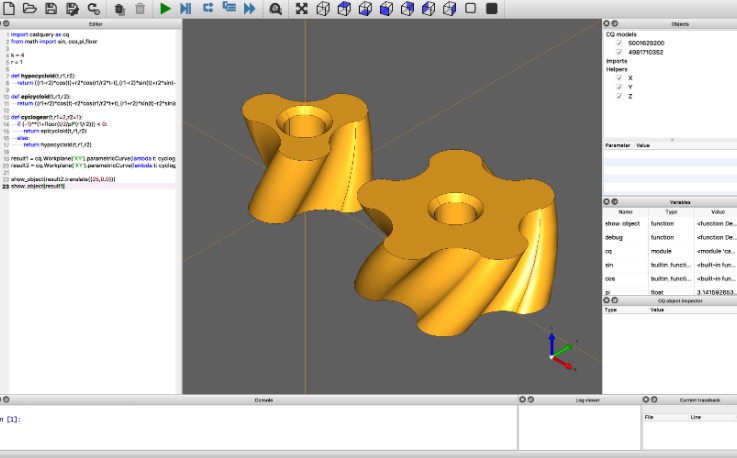
ℹ️ MediaInfo is a helpful tool for identifying audio streams and their formats.ġ. Source directory tree is generated as the same way in the target path.Ĭorresponding target files are written accordingly. If it’s a directory, then it’s traversed recursively and all the files under it are processed. If it’s a file, its corresponding target is written under the target path. Single or multiple source paths can be given. SOURCE and TARGET arguments are interpreted in the same way in both modes. If output options are given with -output-options, Media Fixer works in custom mode.Īll the given files are converted according to given output options. You can create a rule in /etc/udev/rules. udev rule The FT4222 device is not accesible by all users by default. Description Building Installation The pyft4222 package can be installed using pip: pip install pyft4222 Use virtual environment prefferably.

This is useful for saving space since generally there are many audio streams in a film (English, French, Spanish, etc.),īut only one of them is needed. PyFT4222 A libft4222 library python wrapper. The FFmpeg command is: ffmpeg in.mp4 -filter:v 'cropoutw:outh:x:y' out. To be exactly: I want to use variables to crop video. Rest of the audio streams are stripped out. I would like to ask how to use variables in ffmpy (Python wrapper for FFmpeg). While doing that only the selected audio stream is processed. Otherwise, it’s just copied to the target file as it is.


Initially, an audio stream is selected with -audio.įor each given file, existing audio codec is detected and if it’s in DTS format, it’s converted to EAC-3. If no output options are given, Media Fixer works in Auto mode. Media Fixer can be used in one of the two modes, namely Auto and Custom. Specify custom output file options for ffmpeg (overrides default ones) Specify allowed max memory usage as percent Specify custom input file options for ffmpeg (overrides default ones) audio AUDIO_STREAM select index of audio stream to be used (zero-indexed). h, -help show this help message and exit SOURCE source files/directories (works recursively) See below.įncat(L).output(vid3).Usage: media-fixer SOURCE TARGETĪ wrapper around ffmpeg to make it work in a concurrent and memory-buffered fashion.

I want to use ffmpeg-python to do complete this task, however my implementation gives and error. # concatenate the list of video import into one file # read each video file and append the object to a list Video_list: list containing path to videos(str) Python function for creating a concatenating multiple videos into \ Currently I am using moviepy which is slow, inefficient and sometimes the output videos get corrupted.įrom moviepy.editor import VideoFileClip, concatenate_videoclipsĭef combine_videos(video_list,output_file): I am trying to trying to combine a list of multiple videos into one video file.


 0 kommentar(er)
0 kommentar(er)
